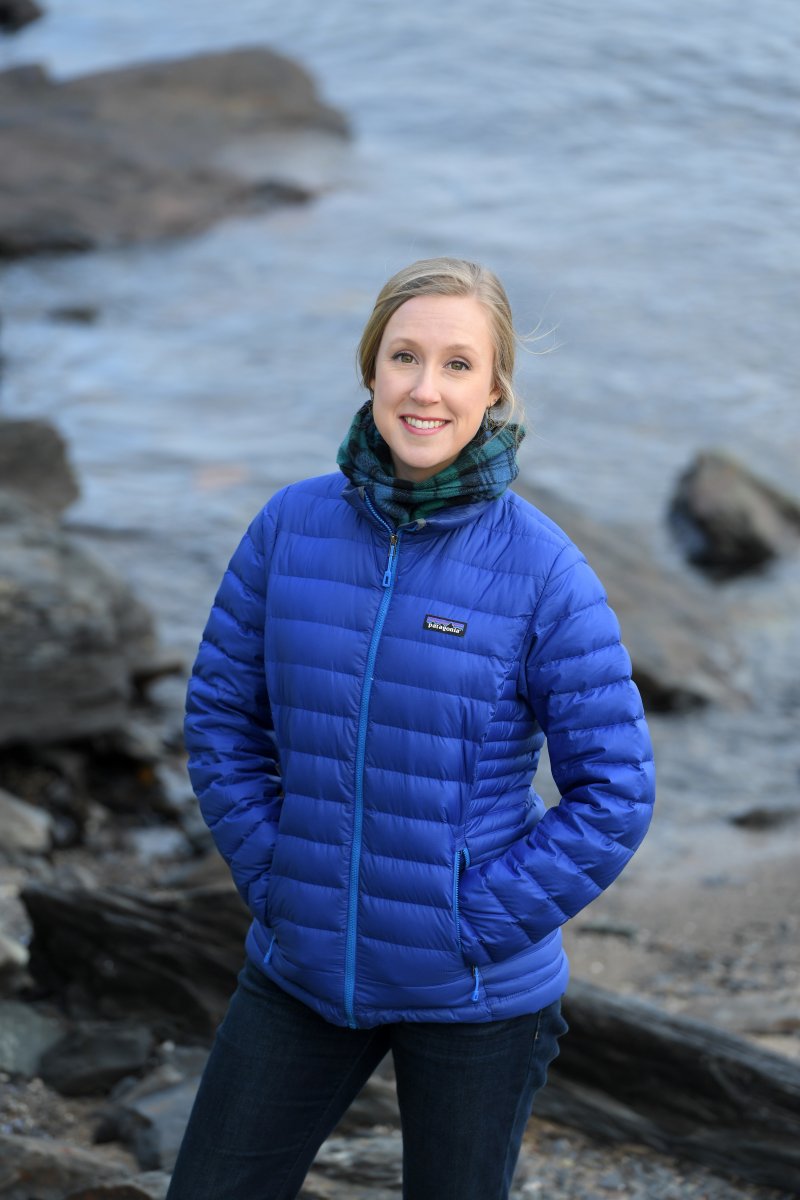Navigating complex change in the Arctic
By Fallon Bourgeois
Thousands of nautical miles from Halifax, in the Arctic region, sea ice is melting at an unprecedented rate. And with that comes opportunities and challenges.
sea ice is melting at an unprecedented rate. And with that comes opportunities and challenges.
It is a complex situation that involves many countries, levels of government, and academic disciplines, while linking the shipping industry and the northern people who rely on healthy Arctic ecosystems.
And right here at Dalhousie there are many people involved, including PhD student and Sobey Fund for Oceans scholarship recipient, Leah Beveridge (MMM’13).
A holistic and inclusive approach
“I really believe in a holistic approach to ocean management,” says Leah. “Especially when considering the differing traditions, cultures, economies and political systems that make up the Arctic region, and the possible impacts on traditions and livelihood.”
Leah’s work focuses on multi-stakeholder management and cross-cultural governance for Arctic marine spaces, with a particular interest in Lancaster Sound, Nunavut.
While working on a previous project involving Arctic Shipping, Leah looked at the risks to vessels, the risks to the environment from vessels, and the risks and opportunities created by an increase in marine traffic to the people who live in the communities surrounding the Arctic region.
It was during that time that her desire to work with both community and industry members was affirmed.
“I learned the importance of being present, listening, and being respectful to all involved to ensure their insights and concerns were valued and considered.
“There was one gentleman in particular who thanked me for my openness and unbiased approach; that definitely made me realize the importance of including everyone in the conversation,” she says.
Precautionary planning
While the Arctic sea lanes still see less traffic than other routes melting ice will undoubtedly change that in the years and decades to come. As is the case with any increase in development activity, it brings the potential for environmental impacts.
The work happening now is an opportunity to implement measures, precautions and regulations to minimize risks, avoid or mitigate the impacts and maximize development.
“It’s a very unique situation in that we are able to bring multi-stakeholders together to address issues before they happen,” Leah notes.
“Collaboration is key – only by working together and having everyone connected will we make progress.”
Taking her work to the next level
And thanks to her Sobey Fund for Ocean scholarship, Leah is able to connect with key players and ensure she is a part of the conversations and share her work.
“Without my scholarship support, it would be difficult to travel and attend conferences, discussions, or even just being in the community speaking with people. It’s crucial to build rapport with both industry and community members,” she says, “and it means a lot more when it happens face-to-face.”
“People realize you are invested and interested, and in turn will be much more collaborative. It opens doors for me.”
“I’m so grateful for my scholarship and the opportunities it has afforded me. The Marine Affairs program and its student are extremely fortunate to have this award – it’s a reminder of the importance of our work and the huge impact it has on a local and global level.”